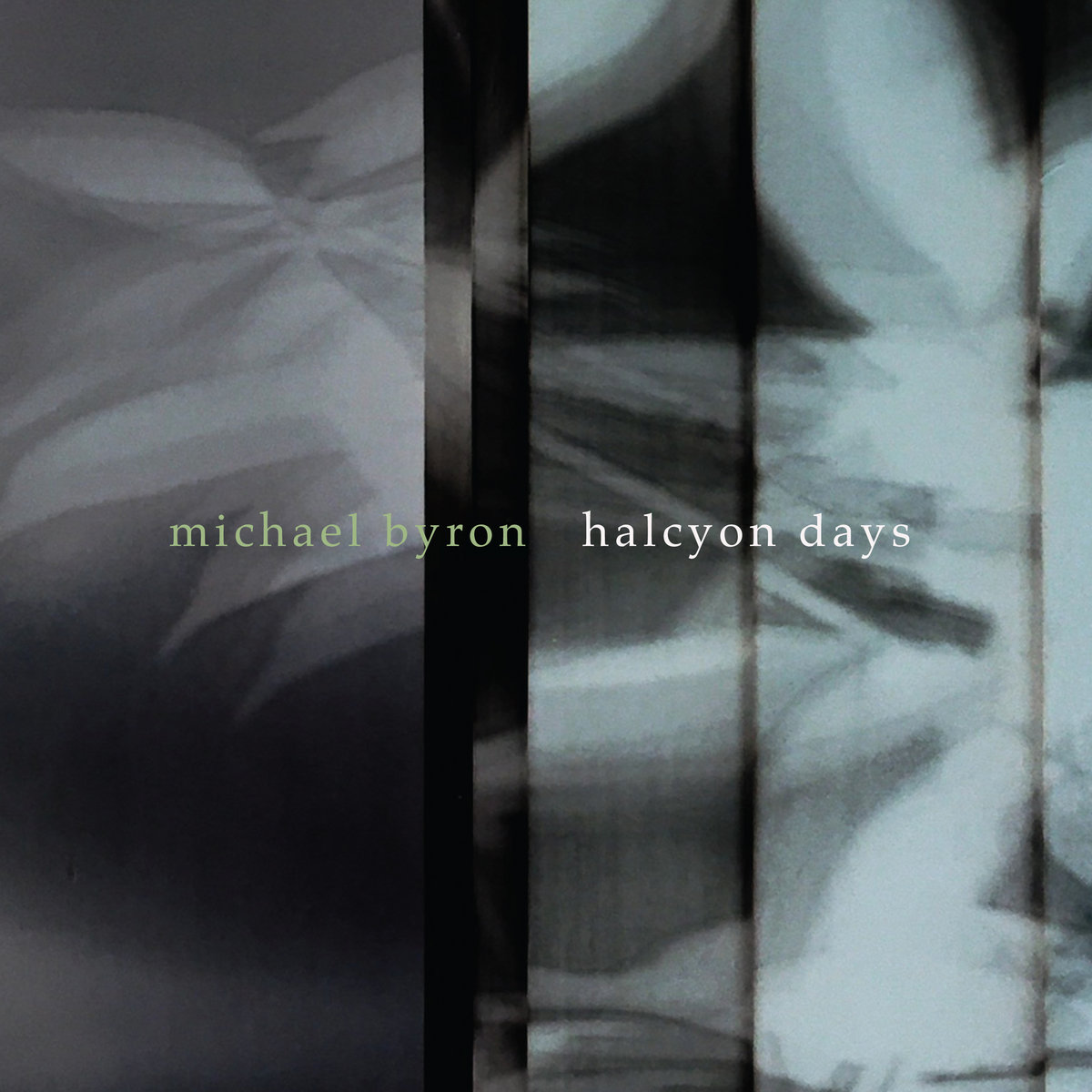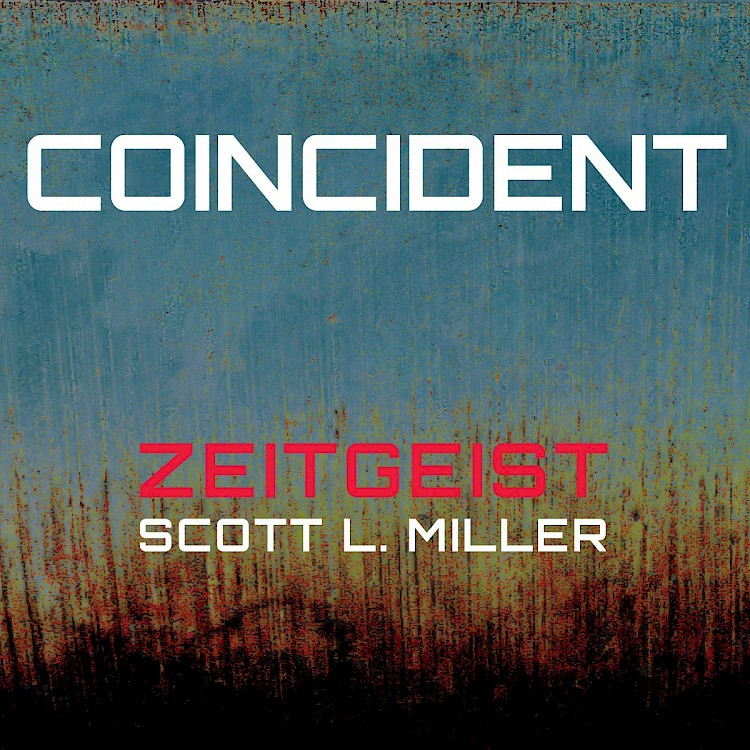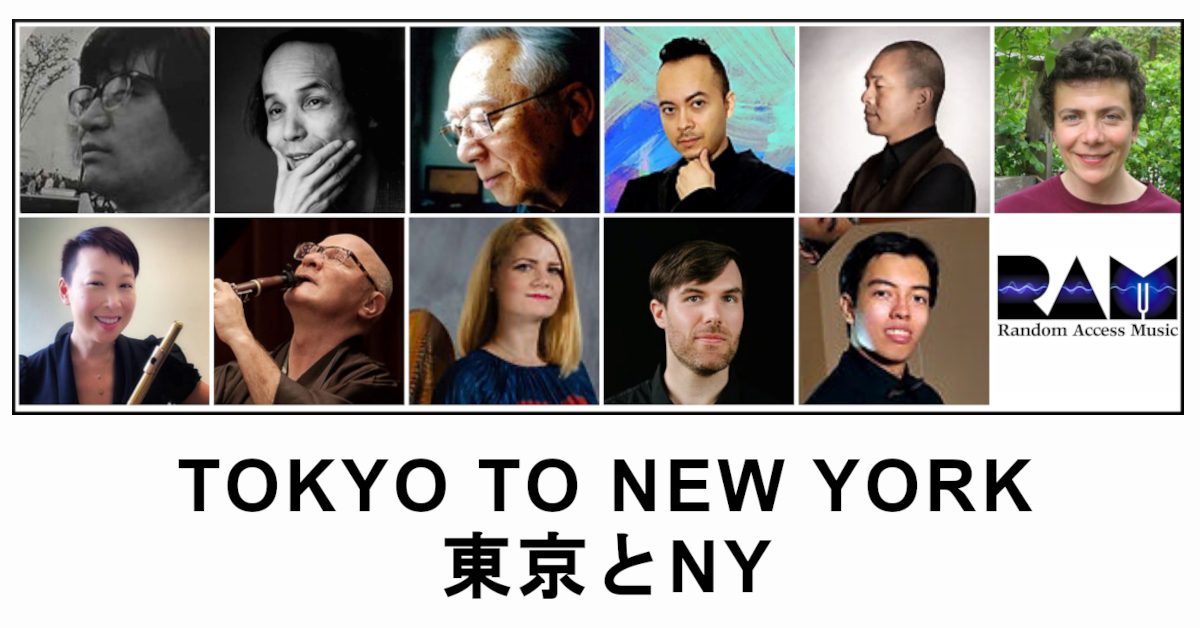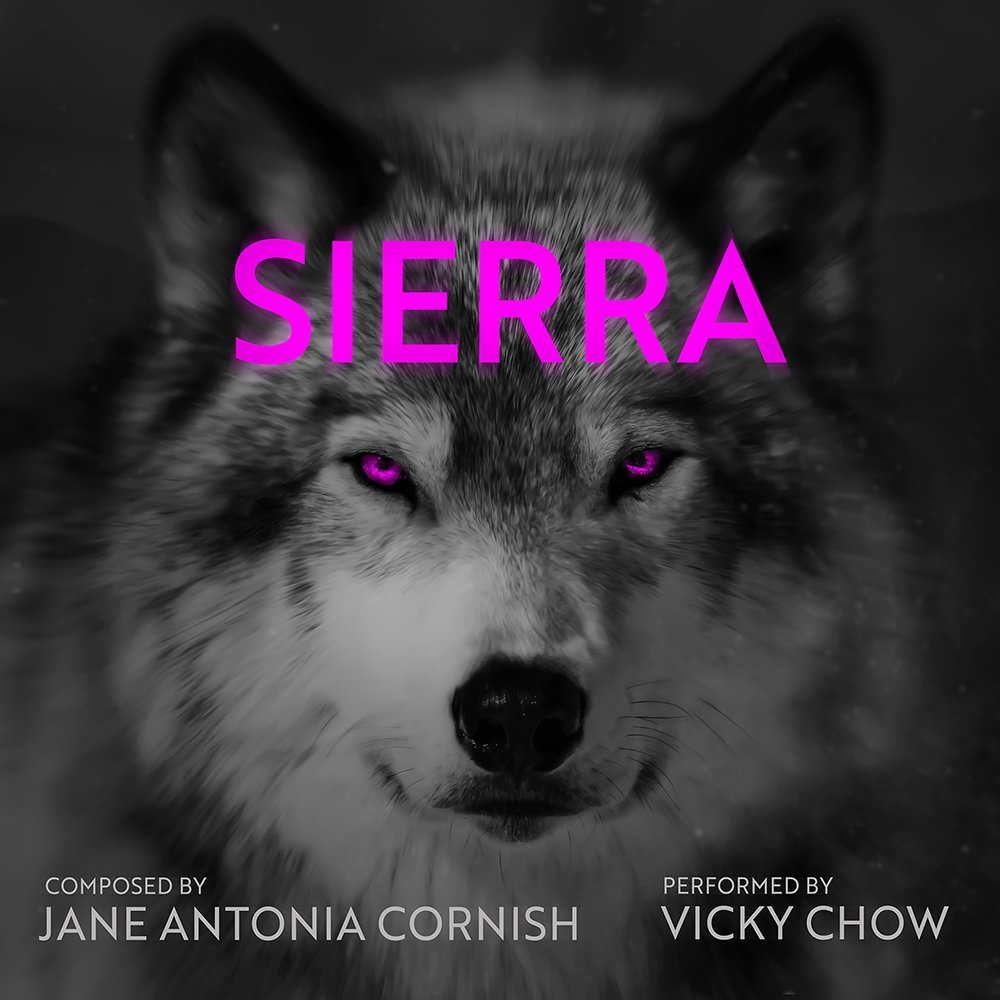The Catalyst Quartet shows itself to be a first class, ultra-musical outfit with their third volume of Uncovered (Azica ACD-71357 download digital only), a well-conceived compilation of historically and artistically important Black composers and their String Quartets. The Third Volume looks at three quartets written between 1895 and 2018, by George Walker, Coleridge Taylor Perkinson and William Grant Still. All three works contain Afro-American rooted materials that undergo various transformation in constructing a Classical or Modern Classical chamber work in more or less recognizably mainstream form.
Modern classical and avant garde concert music of the 20th and 21st centuries forms the primary focus of this blog. It is hoped that through the discussions a picture will emerge of modern music, its heritage, and what it means for us.
Tuesday, February 28, 2023
Catalyst Quartet, Uncovered, Volume 3, Coleridge Taylor Perkinson, William Grant Still, George Walker
Monday, February 27, 2023
Steven Christopher Sacco, Parables and Meditations, A Concerto for Piano and Fixed Media
Steven Christopher Sacco has given us a worthy Sonata for Clarinet and Piano on these pages (see entry of February 12, 2021). Now he returns with Parables and Meditations, A Concerto for Piano and Fixed Media (The Hill Studio CD 198004 702331). The work was written especially for pianist David Oei, and the music in many ways functions as a kind of portrait of the artist-pianist.
David plays the five solo piano movements unaccompanied. Directly following each are five "Meditations" responding to the piano through digital signal processing conversions of piano sounds via speech sounding of clusters, diphthongs and fricatives as filters for the piano soundings transformed. So five piano-based sorts of neo-orchestral electronics as meditations on each piano movement follows each upon the other piano movements that start each section.
The music is uncanny, lyrical in the best ways, like perhaps a post-Satian landscape, gorgeous and brilliant. The solo piano and the solo electronics each have their profound leaning say in turns unaccompanied, that is to say pure of itself in timbre.The results are magical, some of the most ravishing music of our time I would say happily. Do not miss this! It is a towering achievement and ever worthy of many listens. My strongest recommendations!
Thursday, February 23, 2023
Michael Byron, Halcyon Days
Michael Byron is a composer who innovates in the Neo-Minimal, Radical Tonality zone in ways that sometimes suggest, and nicely so, a cross affiliation with Avant Jazz in its spiritual aspects, such as we have heard from mature Cecil Taylor and later John Coltrane, and then from the Minimal school later Terry Riley also, in its hypnotic quality. In this manner the new album of some five lively chamber works steps forward boldly and appealingly. It is a new one on Cold Blue Records, named Halcyon Days, Music for Marimbas, Xylophones, Vibraphones, Glockenspiels, Maracas and Pianos (Cold Blue Music CB0065).
Tuesday, February 21, 2023
Kenneth Newby, spectral (golden) lyric
Kenneth Newby has gotten my ears before in the course of this site (see May 30, 2018 review) and for good reason. Today he comes forth with a recent one I am reconsidering after having missed a concentrated listen, namely spectral (golden lyric) (Emergence Trilogy, Volume Three) (Flicker Art Collaboratory FAC 201703), works for string quartet, solo piano and small ensemble. This one comes from 2017 but still very much speaks to us, There are 20 interrelated works for chamber assemblages, performed nicely by Flicker Ensemble.
This is a brace of rather haunting ambient soundscapes in a mysteriously hypnotic, ritually alive kind of Neo-Minimal manner, spatially open yet coiled round itself like a cosmic folkloric snake eating its tale and its tail all at once.
Every piece is an element in the overall puzzle and the whole thrives as the together thing all 20 parts have become.
Kenneth Newby needs to be heard and this album brings him to us in all its flourishing best. Please listen by all means! Highly recommended. Worth resurrecting!~
Monday, February 20, 2023
Milton Babbitt, Music for Treble Voice and Piano
When you live through a period of music history, which of course we all do, it is not always clear how things will shake out when the years pass and it is the futurel. Like some fellow oldsters I bore witness as a listening self to some of the peaks of High Modernism and now get the chance to go back again to it in retrospect. For that I am happy to report in on an album that helps us further gauge and indeed affirm the stature of a leading light of US High Modern musical art.
Milton Babbitt (1916-2011) when I was coming up was mostly known as a brilliant pioneer of Electronic and Computer music in the USA, primarily via his long association with the Columbia Princeton Electronic Music Studio and the iconic RCA Synthesizer. Perhaps only in later times do we truly value his brilliance as a Serialist and instrumental composer of equal stature.
And accordingly on today's recent release we get a lot of exhilaratingly advanced Babbitt music, well performed. I allude to the CD Music for Treble Voice and Piano (New Focus Records FCR 369), with soprano Nina Berman and pianist Steve Beck plus Eric Huebner on the two-piano works.
The CD covers a broad swatch of time from 1951 to 2002. Each composition is a little gem, with voice and piano parts diverging widely in terms of space and time, Vocals tend at times to utilize longer held notes while the piano(s) is a spicy clamor of brilliance, with the bifurcated soprano-piano sounding making for an enormously complex array in space. If you recall the many fine works Webern put across to us for voice and instruments, this Babbitt seems like a fine rejoinder and an artistic triumph in his own right,
It is hard to imagine better performances than these, though given the hugely detailed music scape it is easy to imagine equally interesting but somewhat different readings.
Anyone wanting to grasp the very high points of the Serialist US school should hear this and no doubt check out some choice Elliot Carter as well, like the String Quartets. This album today scores high for Serialist excellence in the later period. Do not miss it! Bravo!
Beethoven, The Late Quartets, Calidore String Quartet
If you know about chamber music in general you probably know that Beethoven's last String Quartets are considered among the most sublime and intensely personal chamber works of all time. There of course have been many recordings of them over the years. Here is a new version (Signum Classics SIGCD733 3CDs) by the Calidore String Quartets and it has a freshness to it that helps it all rival the most acclaimed versions, to my mind.
The music is astounding fare, strength-after strength from the 12th Quartet through the 16th and the grippingly profound Grosse Fugue. It is all here and each is given the sort of loving care each deserves. What is most remarkable about the Calidore Quartet's extended focus through it all is how they manage to express all the deep introspection that Beethoven put into these quartets. And they do so without an ounce of excess expression, no heart-on-sleeve desperation so much as a transcendance of human hubris, a springing through vast canopies of structural presence with extraordinary gravitas and panache.
But more than that ever, as you listen, does it all come to you with impeccable spirit. Sometimes Beethoven's last String Quartets will break your heart as at times you feel he is saying goodbye and he was. Yet nobody took leave of life with such beauty and grace as he. The classic bio claimed that there was thunder sounding all around him when he passed. It probably did, for he was more than mortal.
These performances do as much as any to convince you of the depth of his last music. Bravo.
Thursday, February 16, 2023
Lei Liang, Hearing Landscapes, Hearing Icescapes
As we travel through the seasonal cycle we experience the natural and cultural elements tied to each. It is a part of our birthright to recognize each element in conjunction with its multi-complemental whole. Major living Modernist composer Lei Liang gives us two major electroacoustic soundscapes that span seasonal and culturo-natural zones of timeliness conjoining multidisciplinary gestalts in two multipart works of importance, Hearing Landscapes, Hearing Icescapes (New Focus Recordings FCR 360).
The idea is that through a combining of musico-artistic and scientific knowledges we can appreciate a kind of vibrant soundscape inside a broad episteme, or that at least is my take on it all. The granular methodologies include oceanography, Chinese landscape painting and Folk Song, software development, earth science and underwater acoustics. The electroacoustic soundscapes vary between earthy and resonant, or electro-acoustically noisy, or birdcall filled natural landscapes. They combine at times with instruments in blends uncanny, adding trumpet, flute and/or violin.
Hearing Landscapes perhaps has the more vivid and absorbing sound sequence, but both stand out as poetic, intelligent and evocative. It is a music of impressive strength and lingering profundity if you meet it all halfway, or that is my take on it at least. This is one of the landmark efforts on the New Music scene today. Take time for this music and it will pay off. Strongly recommended.
You can preorder now at Bandcamp. Official release date is March 10, 2023.
Wednesday, February 15, 2023
Scott L. Miller, Coincident, featuring Zeitgeist with Joseph Horton and No Exit
The objective on these eight movements for electronic synthesizer and chamber ensemble is to do something in furtherance of telematic music, or in other words in this case multipart music with live chamber ensemble and the composer on remotely constructed electronic synthesizer part with the software program Kyma.
The opening "Coincident Episode 5" has a nice part for intelligently poetic and punky vocal that sets the stage for the other seven heady movements that follow. It is all a specially sonic inventiveness and nicely co-occurring whole that piques the aural imagination and satisfies the wish to plummet ahead to the musical future. Very recommended.
It is yet another feather in the Miller cap, showing us decisively that he is one of our leading voices in High Modern expansion.
Thursday, February 9, 2023
Vivaldi, Concerti per violino X 'Intorno a Pisendel', Julien Chauvin, Le Concert de Laloge
If you think Baroque music need not worry about the aural sweetness of tone, of the period orchestral sound, especially the strings, maybe you should listen to the fine performances of violinist Julien Chauvin and Le Concert de Laloge as they go forth in the recent CD of Vivaldi's Concerti per violino X "Intorno a Pisendel." (Naive OP 7546). When we listen to Bach one might note that his level of invention is so high that the brilliance would shine even if played by a consort of kazoos! Someone like Vivaldi on the other hand has a pronounced inventive bent but then too his music almost sounds at times folkish with its lyric but often "down home" expressivity. His music benefits surely by historically informed performance practice.
And in a pronounced way, Chauvin and Le Concert de Laloge give us a rather stirringly enthused and spirited folksy reading of some primo Vivaldi. It is alternately peppy and placid in turn, alternately sweetly singing and heroically brio.
Without fail you who cherish a good sized holding of baroque gems or even if you only seek a few more than you have, here is an example doubtless sure to brighten up your musical world. Get this one! Recommended.
Wednesday, February 8, 2023
RAM Tokyo to New York, Six Quintets for Flute, Clarinet, Harp, Percussion and Piano
RAM (Random Access Music) this past December 11, 2022 put on a special concert entitled "Tokyo to New York" in Martha Graham Studio One in Manhattan. Very happily they made a very high quality recording of the proceedings and as happily sent me a CD-R of same so I could experience it all in spite of being stuck in the bottom of New Jersey at Exit Zero on the Garden State Parkway. I've been listening and enjoying the whole of it numerous times and I now report in on it for you.
Nicholas White, Songs of Innocence, The Raven, The Raven Consort
As the local world ever remains within our sites necessarily, so then what life demands of us can regulate how much we can do at any moment. That in the past year I have nearly completed my first draft of a 1,000 page prose-poetry volume as the first in a five-volume sequence on music and life, so necessarily I have modified how much time I have spent on reviews. As I start to get my head above water I've been able to identify some of the better review CDs I have been sent over the past year that I have yet to cover. One of them certainly is the two-CD set of vocal settings of two classic poetry texts, William Blake and Edgar Allen Poe's Songs of Innocence and The Raven (MSR Classics MS 1799) as performed beautifully by the Raven Consort of vocalists and chamber instrumentalists.
As it so happens I dearly love both poets and both works, as I do also find the idea of such settings good, like I love Vaughan William's settings of the Blake, even though that might make me all the more critical of anyone's attempt to make further settings. Perhaps I am. After a good number of listens I must day however that these appeal and surprise and make for memorable music regardless of what has been done or how challenging it is to do right by it all after so much water has gone under our musical bridges.
This is lyrical fare, sometimes ravishing so, and in the main it has a Pomo jauntiness at times that charges our batteries and does away with a heavy ponderousness, yet still has a pinch of gravitas as needed. What captivates and beguiles is the obvious inventive strength of every bit of White's settings. Nothing is exactly High Modernist but you engage and if you are like me it all works so well, you in the end care nothing for hanging on to some style directives and just immerse your ears in the very brilliant tunefulness.
I must in the end recommend this set to those who love vocal settings and do not insist that the music follow a radically new-or-nothing sort of path. Like some Bernstein, White could perhaps find it in hi, write a Broadway Musical that stood the test of time? That is a tall order. but this music stands out as strong on striking melodic charm and maybe some day he will give us that as well. The performances are wonderful, the music endearing. Bravo for all that,
Wednesday, February 1, 2023
Jane Antonia Cornish, Sierra, Vicky Chow
The music of Jane Antonia Cornish is no stranger to these pages. Type her name into the index box above and you will see that there have been three reviews of as many albums over the years. Today, another, Sierra (Cantaloupe Music CA 21174) as nicely performed on piano by Vicky Chow.
The piano and echo effect goes as far back as Ussachevsky's 1952 "Piece for Tape Recorder" if I am not mistaken. As if to take the idea further in time and place we get a full-throated piano sonance and a light echo-like repetition or drone at times in this Cornish work for solo piano. Arpeggios, tremelo-ed trills and pedal pointed centers give us beautiful pause in this multipart and at times seemingly multiple tracked work. It has that kind of early, cosmic Terry Riley feel to it and so also a kind of maximal lyricism.
It follows the genre but in creative and inventive ways. The more I hear it the more welcome it becomes to me. Happily recommended.











